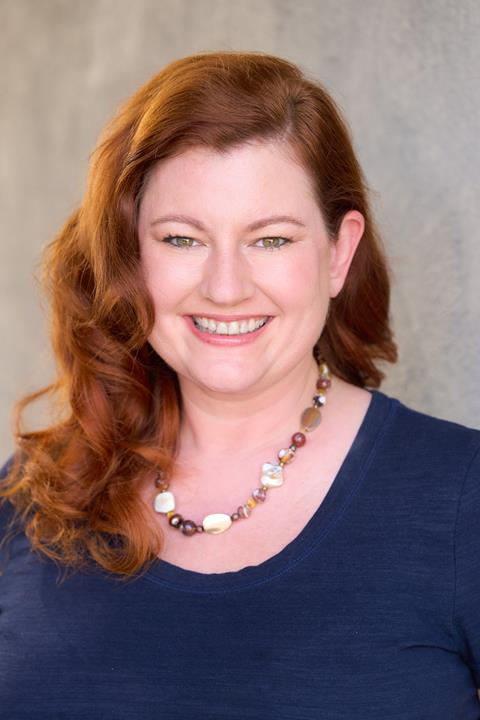When people ask me why I chose to be a compliance and ethics officer, my answer is simple: because what we do changes the world.
I don’t mean that in a lofty or abstract sense. I mean it in the most practical way possible.
Two decades ago, bribery was seen by many as “just the way business was done.” Slipping money under the table or paying off officials wasn’t considered remarkable—it was expected.
Today, the global business community operates in a vastly different landscape, one where bribery and corruption are not only frowned upon but prosecuted and punished. That shift didn’t happen overnight, and it didn’t happen by accident. It happened because compliance and ethics professionals around the world worked tirelessly to educate, implement controls, push for better standards, and set the tone that integrity is non-negotiable.
I’m proud to have been part of that movement.
About the Author
Kristy Grant-Hart is a Compliance Week advisory board member, founder of Spark Compliance, a Diligent Brand; Head of Advisory Services; and is an author, speaker, and former CEO and CCO.

Our profession has always been about more than policies and procedures. It’s about building trust, shaping culture, and ensuring that businesses are a force for good. Over the past twenty years, I’ve seen firsthand how the efforts of compliance officers have made seismic changes in how companies behave and how employees think about right and wrong. We are not always in the spotlight—in fact, most of the time we aren’t. But quietly and consistently, we’ve raised the bar for what “doing business” really means.
Think about it: terrorist financing has been slowed because compliance officers built anti-money laundering frameworks, monitored transactions, and insisted on transparency in financial systems. Modern slavery, once hidden deep in supply chains, is now being confronted head-on because companies are required to trace their sourcing and take responsibility for the human impact of their operations. These changes aren’t abstract—they save lives, protect communities, and uphold human dignity. And they happened in large part because of the collective voice and action of our profession.
That’s why I chose this career, and why I’ve stayed. Because in compliance and ethics, your work is never meaningless. Every investigation closed, every policy improved, every training session delivered contributes to a larger picture—one in which business serves society, not just the bottom line.
The beauty of being part of this profession is that you’re never working alone. One compliance officer’s voice might feel small, but together, our voices create a chorus that’s impossible to ignore. When I sit at conferences surrounded by peers, or when I see a headline about a company facing consequences for unethical conduct, I’m reminded that this is a community bound by a shared purpose: to ensure fairness, integrity, and accountability.
What makes me happiest is knowing that the next generation of compliance officers will carry this work even further. They’ll have new tools, new challenges, and new opportunities, but the foundation we’ve built together is strong. Twenty years ago, the idea that companies would take human rights in their supply chains seriously might have seemed fanciful. Now it’s expected. What seems like a dream today could very well be tomorrow’s standard—and I believe compliance officers will be the ones to get us there.
So why did I choose to be a compliance and ethics officer? Because it’s one of the few professions where you can say, without hesitation, “I’m making the world better.” Not by myself, but as part of a global community of professionals who believe that doing the right thing matters. Quietly, steadily, and profoundly, we are changing the way business is done.
And that is something worth celebrating.













No comments yet